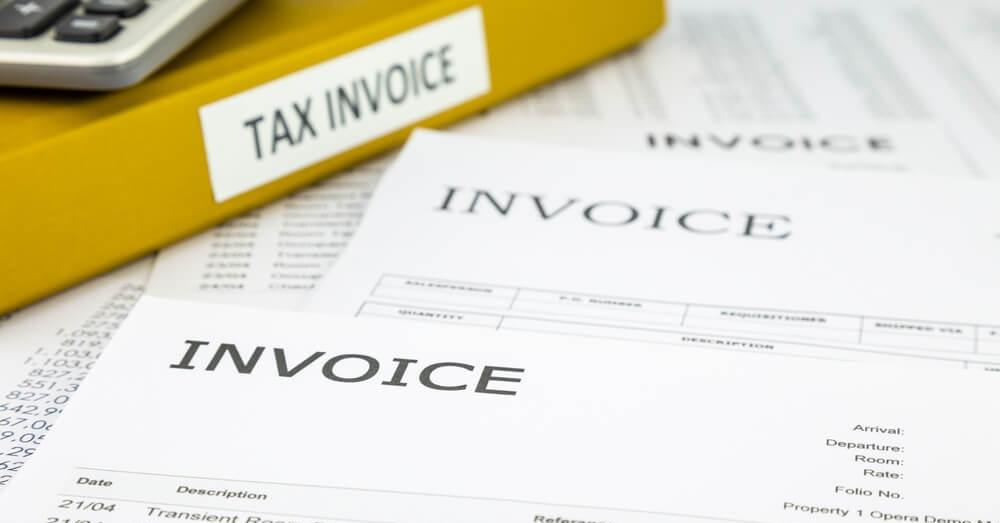Are you curious to know what is tax invoice? You have come to the right place as I am going to tell you everything about tax invoice in a very simple explanation. Without further discussion let’s begin to know what is tax invoice?
In the world of finance and commerce, a “Tax Invoice” is more than just a piece of paper. It’s a critical document that plays a pivotal role in the taxation process and business transactions. In this blog, we will explore what a tax invoice is, why it’s essential, its key components, and how it benefits businesses and governments alike.
What Is Tax Invoice?
A tax invoice is an official document issued by a registered business or seller to the buyer of goods or services. It serves as proof of a commercial transaction and contains specific information required for tax purposes. Tax invoices are used to calculate and report the value-added tax (VAT), sales tax, or other applicable taxes that the seller must remit to the government.
Key Components Of A Tax Invoice:
- Seller Information: The tax invoice should include the seller’s name, address, contact details, and tax identification number (TIN).
- Buyer Information: It should also contain the buyer’s name, address, and contact details, which are crucial for identification and record-keeping.
- Invoice Number: A unique identifier assigned to each tax invoice for tracking and reference purposes.
- Invoice Date: The date on which the invoice is issued, which determines the tax period for reporting.
- Description of Goods or Services: A detailed description of the goods sold or services provided, including quantities, unit prices, and any applicable discounts.
- Taxable Amount: The total amount for the goods or services, excluding taxes.
- Tax Rate: The applicable tax rate (e.g., VAT, sales tax) and the amount of tax calculated based on the taxable amount.
- Total Amount: The total amount payable by the buyer, including the taxes.
- Payment Terms: Any agreed-upon payment terms, such as due date, payment method, and credit terms.
- Additional Information: Any additional information required by local tax authorities, such as the currency used or exchange rates, if applicable.
Why Is A Tax Invoice Essential?
- Legal Requirement: In many jurisdictions, businesses are legally required to issue tax invoices for certain transactions. Failure to do so can result in penalties and legal consequences.
- Tax Compliance: Tax invoices are essential for accurate tax reporting and compliance. They help businesses calculate the correct amount of tax to remit to the government.
- Proof of Transaction: Tax invoices serve as proof of a legitimate transaction between the buyer and the seller. They protect both parties in case of disputes or audits.
- Input Tax Credit: For businesses, tax invoices are necessary to claim input tax credits. This means they can deduct the tax paid on purchases from the tax they owe on sales, reducing their overall tax liability.
- Record-Keeping: Properly maintained tax invoices are a vital part of a business’s financial records, helping with accounting, auditing, and financial management.
Benefits Of Tax Invoices For Businesses And Governments:
- Transparency: Tax invoices promote transparency in commercial transactions, reducing the likelihood of tax evasion and fraud.
- Revenue Collection: Tax authorities rely on tax invoices to accurately assess and collect taxes owed by businesses, which contributes to government revenue.
- Dispute Resolution: In case of disputes between buyers and sellers, tax invoices serve as documentary evidence of the transaction, facilitating resolution.
- Compliance Enforcement: Tax authorities can use tax invoices to monitor and enforce tax compliance among businesses.
- Business Efficiency: Efficient invoicing and record-keeping help businesses manage their finances, make informed decisions, and track their tax obligations.
Conclusion
In the complex world of taxation and commerce, tax invoices are indispensable documents that ensure transparency, compliance, and accuracy in financial transactions. Whether you’re a business owner or a consumer, understanding the importance of tax invoices helps you navigate the financial landscape with confidence and integrity. These documents not only serve as proof of transaction but also play a crucial role in revenue collection for governments and the overall functioning of the economy.
FAQ
Is Gst And Tax Invoice Same?
A GST tax invoice is a document issued by a seller to a customer when goods or services are sold at a taxable price. An invoice bill does not include the tax amount payable, while a GST tax invoice does. This is important to remember when filing taxes, as the tax amount payable must be included in the calculation.
Is Tax Invoice A Bill?
It is also called a bill of sale or contract of sale. Bill of Sale or Contract of Sale. Under the GST regime, an “invoice” or “tax invoice” means the tax invoice referred to in section 31 of the CGST Act, 2017. This section mandates issuance of invoice or a bill of supply for every supply of goods or services or both.
Who Pays Tax Invoice?
What Do You Mean by Tax Invoice? Businesses need to charge various taxes (HST, GST and VAT) from their customers on the products and services and report it to the government. A tax invoice is issued by one registered vendor to another to get input tax credit.
Is A Tax Invoice The Same As A Bill?
It is important to note that a GST invoice is not the same as a regular bill or invoice. A GST invoice requires additional information such as the GSTIN (Goods and Services Tax Identification Number), the HSN (Harmonised System of Nomenclature) code, and the rate of GST.
I Have Covered All The Following Queries And Topics In The Above Article
What Is Tax Invoice In Gst
What Is Tax Invoice Pdf
What Is Tax Invoice Format
Tax Invoice Vs Receipt
Types Of Tax Invoice
Tax Invoice Receipt
Features Of Tax Invoice
Tax Invoice Meaning In Hindi
What Is Tax Invoice
Why is a tax invoice necessary
